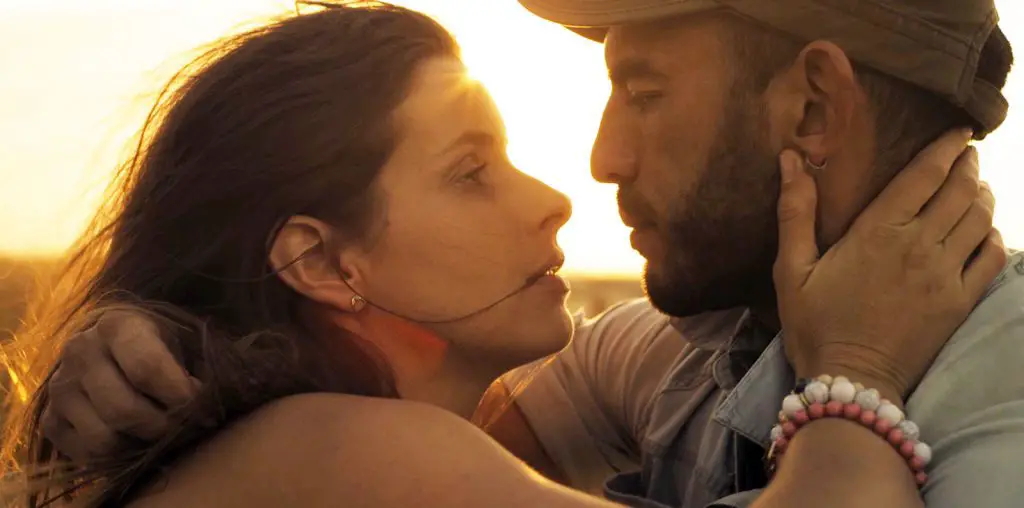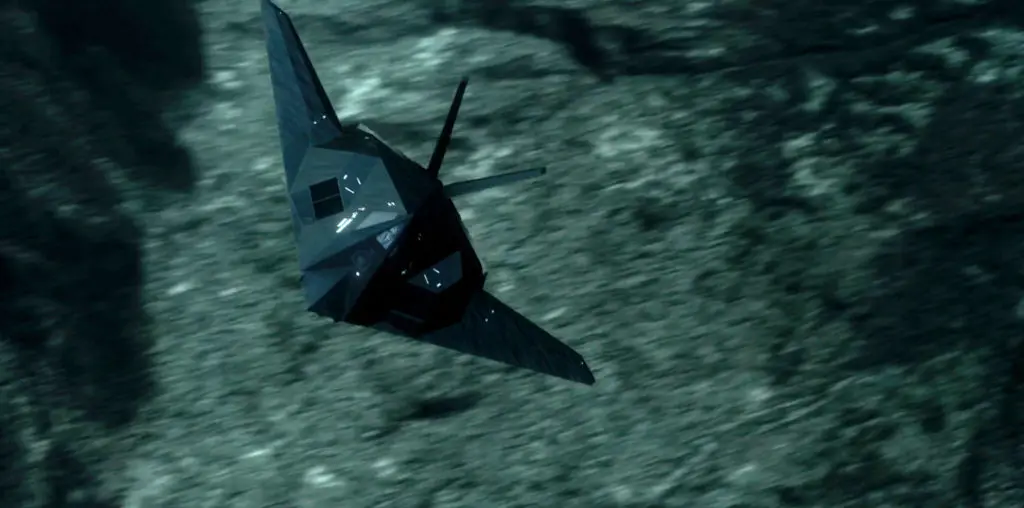
Yasuaki Nakajima’s After the Apocalypse tells the story of five strangers who stumble upon each other as they try to figure out their new surroundings on a post-apocalyptic Earth.
Where and when did you start filmmaking?
I started filmmaking in my apartment in Tokyo, right after I left my home town, Hokkaido. I worked as a window cleaner by day and made claymation by night in my room with a used super 8 camera. I learned how to use the camera from the camera store. The claymation short film got into Tokyo Image Film Forum. Since then I’ve made many narrative and experimental short films, but they were part of practice in order to make After the Apocalypse.”
Do you still animate?
I haven’t since the first claymation short. But it was my film school. I did script, shooting, lighting, production designing, editing, sound designing and I moved clay actors. I learned all basics of filmmaking from the one year experience.
What are your influences?
Going to drama school and getting obsessed with studying human behavior is mostly influential to me. My favorite director is Mike Leigh.
What inspired your move to Australia?
I was tired of the window cleaning job in Tokyo. I was getting paid pretty ok, and I had a few buildings to take care of. Many of my colleague were satisfied with the job and had some to time to do their hobbies. I was afraid of being satisfied being a window cleaner. So I quit that job and got away from Tokyo as far as I could. I heard that Australia is very safe and people were friendly, so I went to there to hitchhike for awhile to forget about the life in Tokyo.
How long were you there before you moved to New York?
I only had one year working holiday visa in Australia. I saw many good Australian films when I was there. “Muriel’s Wedding,” “Piano,” Priscilla Queens of Dessert,” “Bad Boy Bubby” and so on. I came to New York because of the independent film movement. I fell in love with New York. But I didn’t have visa that allowed me to stay longer than three months, so I went to London until I obtained an American student visa to go to school in New York. I was finally accepted to go to school in CUNY in 1996.
What inspired you to make After the Apocalypse?
The experience in Australia. Hitchhiking in Australia without being able to speak English was tough, but it opened up my nonverbal communication skills. I really believe we can communicate without language. It may be difficult for business communication, but our emotions can be communicated without words. Sometimes words disturb emotional communication. I wanted a simplified environment. The post-apocalyptic situation where they lost everything: past life, money, technology, words was the perfect setting to tell the basic human communication.
How did you fund After the Apocalypse?
I think people take a risk to challenge themselves once in a lifetime. Some people invest in a house, car and marriage. I invested five years of my life and all the money I could find in making a feature film. I thought it was a right time to take the biggest risk of my life since I have made enough short films to know all phase of pre/pro/post-productions and have not enough experience to know what kind of pain I was going through. Basically, I didn’t have a family or kids, why don’t I take a risk with something I have passion about? I borrowed money from my parents, their friends and my sister and I’ve been using whatever money I make. At the post-production stage, I also received completion grants from Brooklyn Arts Council and Experimental Television Center. And I received in-kind support from Studio 201, ADR and Foley resources, and Harvestworks Digital Media Arts Center let me use their sound mixing studio.
What are some major lessons you’ve learned throughout your filmmaking years?
I learned that there is film because there is life.
Any other projects coming up?
To sell this film is my big project.

